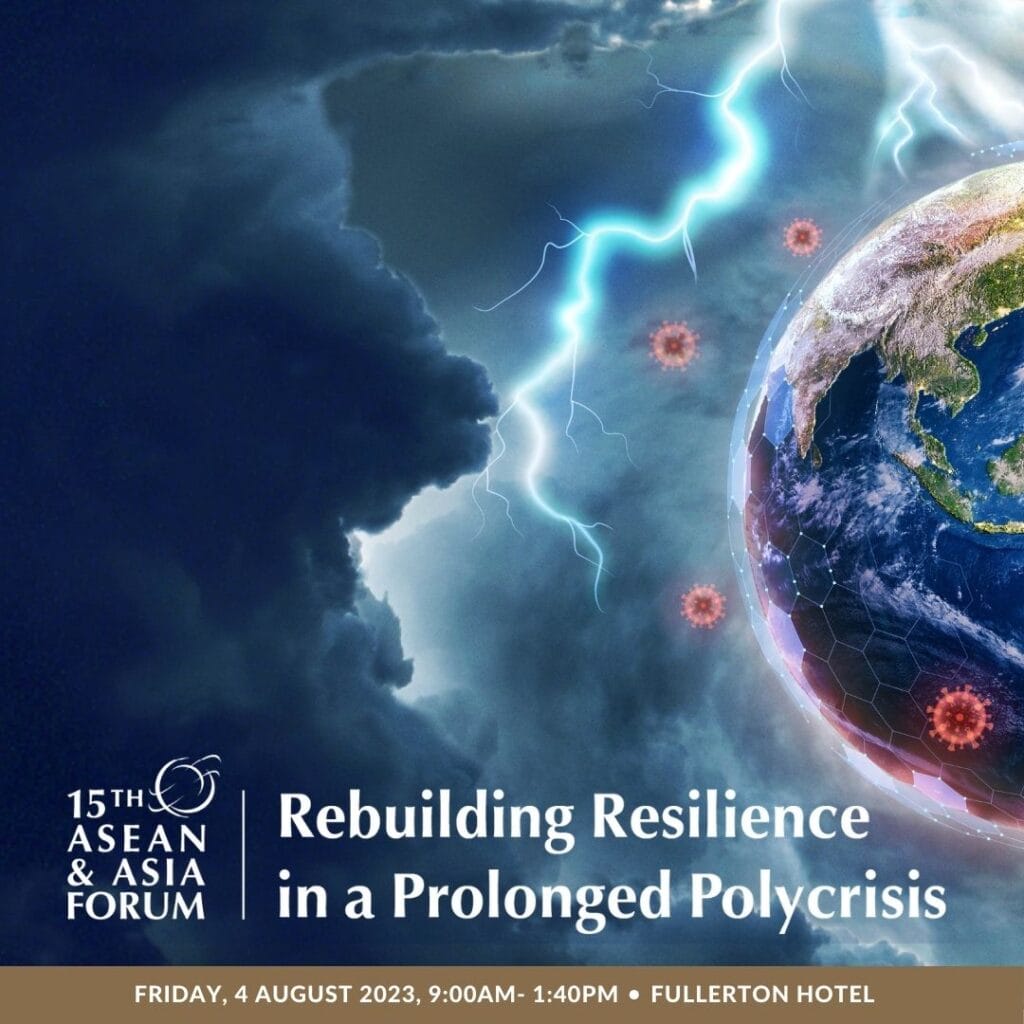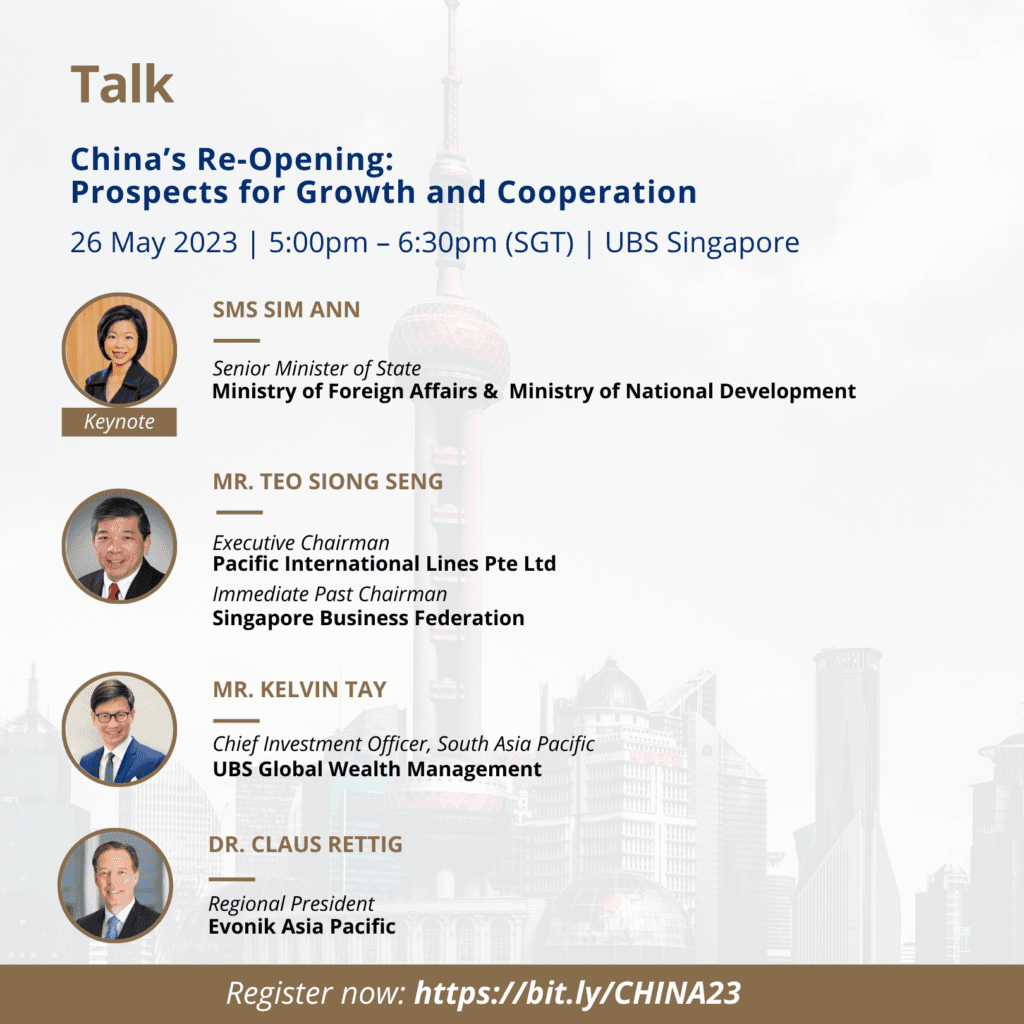Singapore has made being a Smart Nation a top priority. But what does that mean for our way of life? What are the security challenges and risks that come with greater reliance on technology? We held an evening talk on 4 May 2017 with Ms. Ayesha Khanna, Chief Executive Officer & Co-Founder, ADDO AI and Dr. Shashi Jayakumar, Senior Fellow & Head of Centre of Excellence for National Security, S. Rajaratnam School of International Studies (RSIS) on “Challenges for a Smart Nation: Security, Artificial Intelligence, Risks”. The session was moderated by SIIA Executive Director Nicholas Fang. Here are some of the highlights from the discussion.
More photos are available on our Facebook page.
A Citizen-Centric Smart Nation
How can technology address the needs of ordinary citizens? One example is transport. Currently, consumers have access to a wide range of transport apps, but from a user’s point of view, it would be ideal if there were a single app that links up to all the different providers, such as Uber, Grab, and public transport schedules. Creating such a one-stop service requires a lot of backend work, but Singapore and other cities are beginning to explore such possibilities.
Beyond Singapore’s Shores
Singapore can also provide services in other markets, with fintech and microfinance being emerging fields. But Singapore will need the right talent to be competitive. Singapore is already home to good talent, but firms may also need to consider partnerships with countries like Pakistan, India, and Indonesia, who have a much wider talent pool.
Data is the new oil
However, the push towards digitisation also brings accompanying security risks. There is now a growing shadow economy where data and security exploits are bought and sold. Cyber attacks can also have direct real world consequences, such as the recurring attacks on Ukraine’s power grid that first began in December 2015.
State and non-state actors
In this new battleground, attacks on countries could be conducted by both criminals and state actors. For example, it is possible that other countries could have been behind the 2014 attack on Singapore’s Ministry of Foreign Affairs (MFA) and the recent 2017 breach of a Ministry of Defence (MINDEF) internet access system. Allegations of Russian hacking during the 2016 United States Presidential Election have also highlighted the possibility of states using hackers to undermine or influence political processes in rival countries.
A Smart Nation – But Not a Secure One?
Singapore’s national cybersecurity strategy, launched by Prime Minister Lee Hsien Loong in October 2016, stresses the importance of collective responsibility and teamwork in dealing with cyber threats. However, there is a tendency for people to think that it is the government’s responsibility to handle any challenges. This is dangerous in a world where cyber attacks may even be personally targeted, with hackers sending messages to specific people within banks and other organisations based on their personal interests.
A new Cybersecurity Act will be tabled in parliament later this year. But beyond the legislation, there is a need for greater awareness-building. Schools can educate students on the nuances of security, and companies can impart the same lessons to employees.
Original Synopsis:
Singapore has made being a Smart Nation a top priority, envisioning a future where networks, data and other technologies create opportunities. But not enough consideration nor intelligent study has been given to the wider security and social implications of our future society. There are security implications that go beyond cybercrime, including concerns about the vulnerability of infrastructure. In addition, state and non-state actors can try to influence our society. Innovations like artificial intelligence and automation are expected to transform our way of life, but what does this mean for our livelihoods as individuals?
This SIIA talk series discusses the implications of the Smart Nation vision with security and technology experts, Dr. Shashi Jayakumar, Senior Fellow and Head of Centre of Excellence for National Security, S. Rajaratnam School of International Studies (RSIS) and Ms. Ayesha Khanna, CEO and Co-Founder, ADDO AI.
Event Details
Date: Thursday, 4th May 2017
Time: 5:30pm – 7:00pm (Registration at 5:30pm; Talk begins at 6pm)
Venue: Singapore Institute of International Affairs
60A Orchard Road #04-03 (Level 4M) Tower 1
The Atrium @Orchard, International Involvement Hub
Singapore 238890
*Event is by invitation only.
About the Speakers
Ms. Ayesha Khanna, Chief Executive Officer & Co-Founder, ADDO AI
Dr. Shashi Jayakumar, Senior Fellow & Head of Centre of Excellence for National Security, S. Rajaratnam School of International Studies (RSIS)






